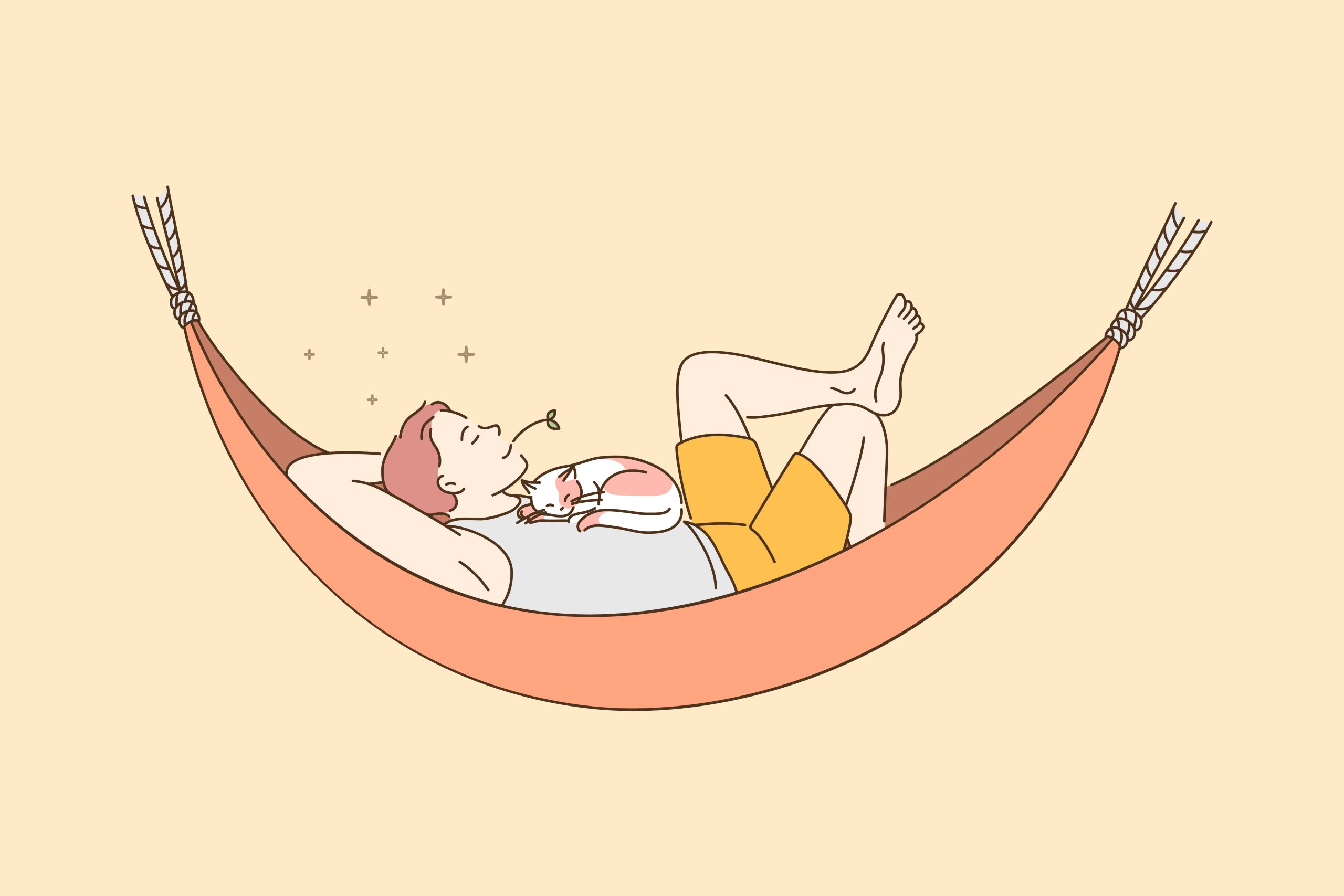
“Don’t let this silly world trick you into starving your soul for material things. Cause someday you’re gonna be sitting out under the sun and realize how little you actually need to be truly happy.” ~Brooke Hampton
At the peak of the pandemic in 2003, I was making lemonade. Being on lockdown was a great experience because of this new ritual.
I’d hand squeeze a big bag of lemons for about one-third cup of juice, and experiment by adding vanilla extract, mint, and tablespoons of honey. I’d bring my drink outside, where I sat for as long as I dared in a lawn chair, sipping the elixir and daydreaming. The experience made me feel strangely joyful, and it’s something I enjoy even now.
My family wanders outside to check on me when I burn up a Saturday—and sometimes dinner—doing this. I’m just as annoyed as they are by the intrusion, little decorated paper straw sticking out of my glass, open book from Target on my lap.
Isn’t that kind of expensive,Once, my mom asked me that question. I laughed because it was both yes AND no.
Self-care is not the same price as going on a nice vacation or shopping for clothes. No. Then again, sitting for long periods, with a cold drink in your hand and doing absolutely ‘f-ck all’ as my teenaged son would say, isn’t how you’re going to afford a full and active lifestyle.
It made me wonder if happiness and having fun were the same thing.
I interviewed about a half dozen people on the subject, from therapists to friends—most were of the opinion that having fun and being happy are not mutually exclusive.
“We don’t talk about our happiness. When we’re happy we’re busy being happy, and the unimportant things fade away. I never could keep a journal outside of the bad periods, because I forgot to write it down when the good was happening,” wrote a friend on Twitter.
Dr. Sigmund Freud reduced happiness to immediate gratification
“What we call happiness, in the strictest sense, comes from the (preferably sudden) satisfaction of needs which have been dammed up to a high degree.”
I think when I was a kid, I embodied Freud’s words. In my tenth year, I was the laboratory rat. Every time I pressed the same button, the promise of instant gratification came out.
Benny’s Oyster Bar in 1983 was that pellet. My family didn’t have much money at the time, so it was a real treat when we ate out.
A hole in the wall, Benny’s was about two blocks from my Dad’s office, yet I can’t remember if we walked there or drove. In my unsophisticated mind, that restaurant—now a bike repair shop—was the best place on earth for hotdogs and crinkle cut fries drenched in ketchup that you squeezed from a bottle, while listening to a jukebox that competed (and lost) to noisy air-conditioning.
We always chose to go there on a whim, and it only happened about four out of every ten times we were dragged to my dad’s place of business.
My dad sold insurance and relied on my mother for help with clerical tasks. If we went to Benny’s, it usually meant my dad was having a good day.
Thinking back on Benny’s makes me see that one of the main components to happiness is feeling safe and loved in equal measure.
It didn’t have to be a trip to Benny’s Oyster Bar to make me practically swoon with happiness as a kid. Sometimes it was pretending to be mermaids in my friend’s pool, binge watching The Smurfs, or spending time with my cat.
Even as an adult, I find my most happy moments to be just as simple.
I’m a good guinea pig for this happiness experiment since I’ve never actually been depressed. That being said, I’ve only been “truly happy” a handful of times—my it doesn’t get any better than this moments slipping through my fingers before I’m aware they ever happened.
I asked a psychologist, who works for a Florida county school board, how he’d define happiness.
“Happiness can be one of the four core emotions. This involves dopamine hitting your hypothalamus. Easy. Then you have the cerebral cortex interpreting that which makes humans more of a pain in the ass to understand,” he said.
The lesson I learned from all of this was that happiness in human life can be just as personal as the thumbprints we leave behind. It’s difficult to define, no matter who you are or where you come from.
A friend of mine put it like this:
“Personally, I believe happiness is fleeting. I’m trying on using the idea of contentment instead. Do I feel content? Are there ways I can work on aspects to be more content in my life?”
It’s possible she is right.
I’m sure we’ve all heard expectation is the root of suffering, so maybe instead of expecting anything to make us happy all the time, we just need to prioritize the things that bring us joy—even if they look like “wasting time” to everyone else. We could then visit our happy spots more often and enjoy staying as long as possible when we reach them.
![]()
Jennifer Russon
Jennifer Russon is an independent author who has published four books and plans to add a fifth. She is also owner and editor-in-chief at Swallow Publishing. It is a time when she takes long walks, and practices daily gratitude. With her family, she lives in South Florida.
Participate in the discussion! To leave a comment, click here
The post What Happiness Means and How I’m Boosting My Day-to-Day Joy appeared first on Tiny Buddha.
